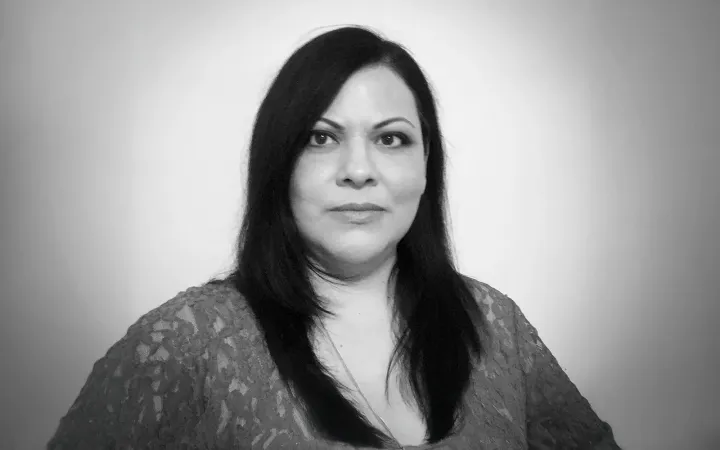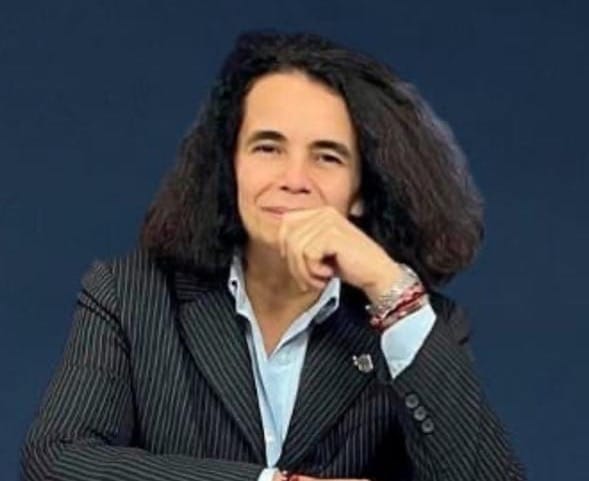Por Lourdes Encinas
A raíz del movimiento #MeToo y la nueva ola feminista empezó a generarse una creciente división ideológica entre hombres y mujeres jóvenes que está reconfigurando la geopolítica. Mientras las mujeres adoptan posturas más progresistas y expresan abiertamente sus opiniones, muchos hombres, al sentirse amenazados, reaccionan con posiciones más conservadoras.
Esta polarización ha sido aprovechada por movimientos ultraconservadores, particularmente en la manósfera: una red de sitios web, foros, redes sociales y plataformas de videojuegos donde se promueve una masculinidad tóxica y actitudes misóginas, como bien ilustra la miniserie Adolescencia de Netflix.
Impulsado por algoritmos, crece el resentimiento hacia las políticas de género en un segmento de varones jóvenes que perciben el avance femenino como una pérdida personal. Simultáneamente, se impone una narrativa que culpa a mujeres, migrantes y otras minorías por la precariedad económica de la juventud actual.
El resultado es una marcada brecha ideológica en la generación Z: los hombres tienden hacia la derecha conservadora, mientras las mujeres se inclinan a la izquierda progresista. En Alemania, Estados Unidos, Reino Unido y Corea del Sur, esta diferencia alcanza entre 20% y 30% en la población de 18 a 29 años, según una encuesta del Financial Times de 2024. Este fenómeno es inédito, pues nunca antes la diferencia ideológica entre géneros había sido tan pronunciada.
La brecha ya influye en los resultados electorales, y se identifica como factor del retroceso democrático global. En Alemania, por ejemplo, 25% de hombres jóvenes (18-24 años) votaron por el ultraderechista Alternativa para Alemania, frente a sólo 14% de mujeres en el mismo rango de edad. En contraste, el partido liberal Linke obtuvo 34% del voto femenino joven y apenas 15% del masculino.
La situación en México
El panorama nacional presenta matices distintos. Según un análisis de El País con datos del Latinobarómetro 2024, México se ha mantenido al centro, con cierta tendencia a la izquierda en las últimas dos décadas. El electorado mexicano se ubicó en la centroderecha en 2000 y 2006, permaneció al centro en 2012, y desde 2015 comenzó a girar hacia la izquierda. En 2018, votó mayoritariamente por la opción de centroizquierda, sin diferencias significativas entre géneros.
A diferencia de la tendencia global, la brecha ideológica de género en México se observa principalmente en los grupos de mayor edad (25-59 años), y no entre los más jóvenes.
Esto coincide con el estudio "Brecha de género en la votación: las elecciones mexicanas de 2024 en perspectiva comparada", presentado el pasado 2 de abril por la doctora Caroline Beer en la Facultad Latinoamericana de Ciencias Sociales (FLACSO), México. En sus resultados preliminares, el estudio muestra que en las elecciones federales intermedias de 2021, la intención del voto masculina favoreció a Morena en todos los grupos de edad, especialmente entre jóvenes.
Sin embargo, en 2024 la tendencia se invirtió: las mujeres apoyaron mayoritariamente a Morena, desapareciendo la brecha entre votantes jóvenes, pero ampliándose significativamente en los grupos de mayor edad, con una diferencia de hasta 22 puntos en personas de 65 años o más.
Una interrogante clave es si México está transitando hacia una brecha de género moderna similar a la tendencia global o si el cambio observado se debió principalmente a que la candidata del partido dominante era mujer.
Datos de la encuesta FLACSO incluida en el estudio muestran que las mujeres que apoyaron a Claudia Sheinbaum paradójicamente respondieron afirmativamente a preguntas como "¿Considera que los hombres son mejores líderes que las mujeres?" y "¿Considera que la violencia doméstica debe abordarse sólo en el ámbito privado?", lo que sugiere que son mujeres con actitudes menos feministas y que su voto podría estar más ligado al partido que a un apoyo a políticas progresistas.
Suscríbete para leer la columna completa…




